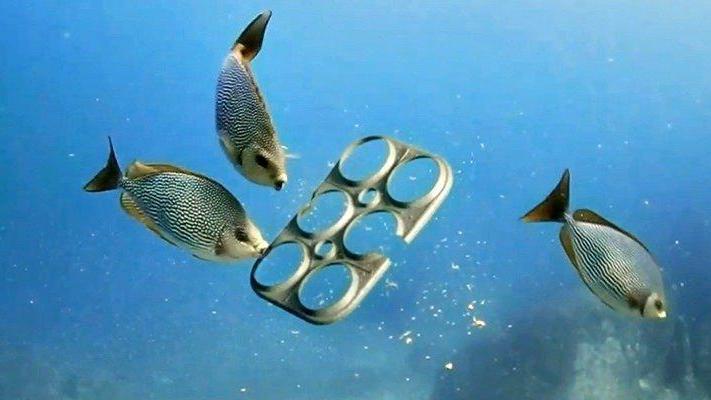An ever-increasing number of people and companies are more conscious of the environment than ever. People choose the greener options, no matter if it’s food, clothing, office supplies, cars, and many other products and services. There are, in turn, other aspects to keep in mind when choosing the greener option, aspects that the average consumer is often not aware of at all. Aspects that may turn an eco-friendly option into one with an overall negative environmental impact. This is why it’s important to look beyond the surface when choosing a green product or service – sometimes, it’s not as green as it seems.

Take the internet, for example. It is generally seen as an eco-friendly alternative to many things. If your company switches to electronic invoices, it can save a lot of paper and, indirectly, lots of trees. If you choose to play Kiwi Pokies online instead of flying to Vegas, you’ll contribute to the reduction of greenhouse gas emissions. And if you work remotely, you save a lot of fuel – and save the environment from all the exhaust fumes your car would spit into the atmosphere. And these are just a few examples. But behind the surface, the internet (especially the data centers) is a major consumer of electricity and said electricity doesn’t always come from renewable sources. And let’s not forget about spam emails that, according to World Stream, impact the environment as much as 1.6 million cars each year.
Another product category that may have a bigger impact on the environment than you think is organic food. The fruit and veggies produced in foreign countries and sold at your local supermarket have a positive environmental impact by reducing the quantity of chemicals used while producing them – they are grown without pesticides and without artificial fertilizers, after all. But if you take into consideration the carbon footprint of them being transported to your local supermarket, they are no longer as green as they seem. If you want to make a real difference, choose not only organic but local produce – those are the only ones that are truly environmentally friendly. The organic bananas grown in Ecuador and sold in France are not.
Last but not least, let’s take a look at the impact of diapers on the environment. Many voices say that reusable diapers are the greener option, considering the carbon footprint of the reusable ones. Actually, though, the carbon footprint of the two categories of diapers is pretty much the same – according to a study conducted by the UK’s Environment Agency, the reusable diapers are the greener option only if they are washed in energy-efficient washing machines with full loads, at 60 degrees, and line-dried. And their impact on the environment becomes truly significant only if they are reused for a second child – something most families don’t do.
There are many things that may seem environmentally friendly at first – but it’s always important to go beyond the surface to find out if they truly are. Because quite often they are not.

